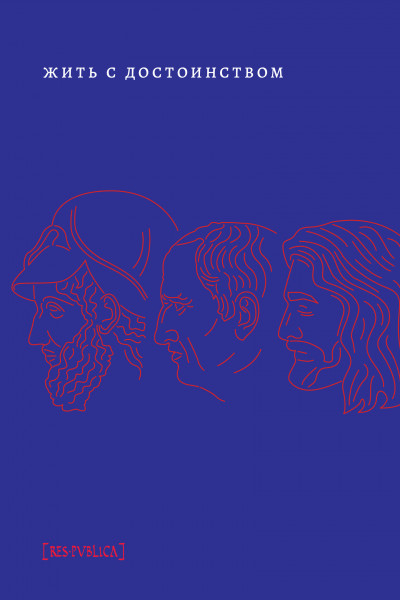
This volume describes the main Russian everyday perceptions and theoretical ideas about dignity— both for the individual and for groups (for example, a country). Many Russians have no problem using the words “dignity” or “dignified” in their everyday speech, but few can analyze or clearly explain the meaning of these intuitively understood words. The authors of this book are the first to attempt to outline those theoretical contrasts that can provide reference points in the history of this concept to our contemporaries. The first article in the collection is devoted to the two original traditions of understanding “dignity”—the ancient Greek and the Roman—and their interpretation in the European culture of modern times and in Russian translations of ancient Greek and Latin sources. The second article examines the features of word usage that are characteristic of Russian speakers today. The third article reveals the connection between the ancient Greek (Periclean) and Roman (Ciceronian) traditions with three main modern Russian ideas about dignity: firstly, as a property of a certain class or rank, secondly, as positive qualities or merits that distinguish someone or something from others, and thirdly, as being created in the image and likeness of God. The book will be of interest not only to specialists in intellectual history and political theory, but also to anyone interested in the history of ideas. The purpose of this publication is to make the reader's intuitive ideas about dignity more articulate and clear.